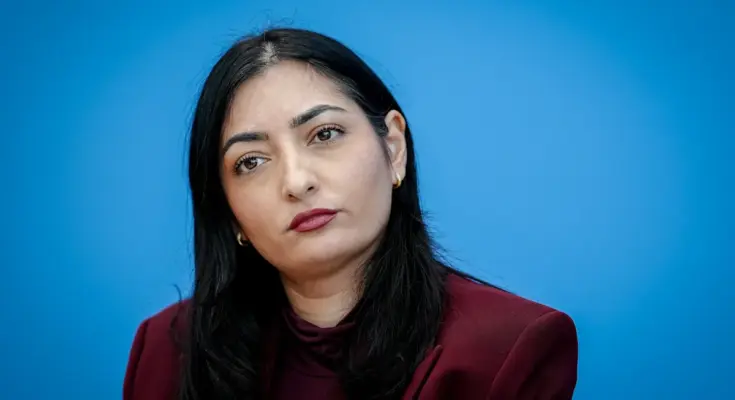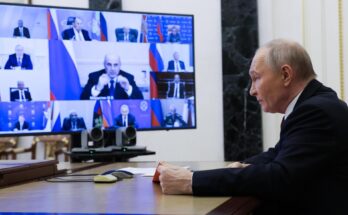The World Bank plans to support poor countries in building nuclear power plants. However, German Development Assistance Minister Reem Alabali Radovan (SPD) wants to prevent this. Now there is opposition from coalition partners.
There is a dispute within the black-red government coalition regarding the financing of nuclear power plant projects in other countries. Responding to a minor question from the Green Party, Development Assistance Minister Reem Alabali Radovan (SPD) announced that the federal government would not approve financing of nuclear power projects by the World Bank and international development banks.
He was “very surprised” by the minister’s remarks, Chairman of the Bundestag Economic Cooperation and Development Committee, Wolfgang Stefinger (CSU), told WELT AM SONNTAG. “Currently 626 million Africans do not have access to electricity and by 2030 the number will be 657 million,” said Stefinger. “To reverse this trend and at least get closer to the UN sustainability goals, we need the entire energy mix in Africa.”
In response to a minor question from the Alliance90/The Greens parliamentary group, the Federal Ministry for Economic Cooperation and Development (BMZ) announced that it would vote against the allocation of funds for nuclear power projects at the committee of the World Bank and international development banks. The World Bank only opened its funding policy for nuclear energy projects this summer.
“Approval of nuclear power financing in any form is not currently planned,” explained BMZ. The federal government asserted its influence through “German representation on the bank’s executive boards” as well as through discussions between political representatives “and their respective management.” According to BMZ, the federal government “is fundamentally negative, primarily pointing to the lack of economic viability of nuclear energy.”
Committee chairman Stefinger criticized the influence: There is no doubt that Germany is promoting renewable energy in Africa, for example. However, if the World Bank is now also financing nuclear energy at the request of African countries, this must be respected. “Energy supply is ultimately fundamental to building prosperity and security and fighting migration.”
Stefinger also criticized the Green Party’s small questions: “The Green Party in particular is always quick to talk about colonialism and neo-colonialism,” said the CSU politician. “Now they want to indirectly tell African countries what they should and should not do regarding energy policy.”
This article was written for the WELT economic competence center and “Business Insider Germany“made.
Daniel Wetzel is a business editor in Berlin. He reports on the energy industry and climate policy. He was awarded the Robert Mayer Prize by the Association of German Engineers (VDI) in 2007 and the Theodor Wessels Prize by the Institute for Energy Economics at the University of Cologne in 2009.



